Who we are.
Hi. My name is Jane Wilkey and I am the President of The Sally Wilkey Foundation. This nonprofit organization, established in 2019, is a tribute to the memory of my daughter, Sally, who exemplified compassion through her selfless acts of giving. Despite Sally's courageous battle with brain cancer, which she fought until her passing at the age of 29, her spirit continues to inspire us. Each day, we honor Sally's legacy by offering local children opportunities for growth and development, regardless of their circumstances. Please click on the short video below to see our program in action.
What we do.
The Sally Wilkey Tennis Foundation exists with a singular purpose: to uplift and empower individuals through the transformative power of tennis. We believe in the boundless potential of each person, and through our programs and initiatives, we strive to create opportunities for growth, resilience, and excellence. By providing access to high-quality tennis instruction, mentoring, and scholarships, we aim to inspire a lifelong love for the sport while equipping individuals with the skills, values, and confidence to succeed both on and off the court. Together, we pave the way for a brighter, more inclusive future, where dreams are realized, barriers are shattered, and lives are forever changed.

Why we do it.
423 students are homeless in Indian River County. Plus 250 more students are considered to be "couch surfing."
*According to 2021-2022 United Way of Indian River County Annual Report.
Indian River County is one of the top 10 richest counties in Florida. According to the Office of Economic and Demographic Research, in 2018, the average per capita personal income for Indian River County was $76,059, which is morethan $25,000 higherthanFlorida’s average per capita income of residents ($50,070).8 In fact, according to the most recent report available from the Economic Policy Institute examining nationwide county-level data, Indian River County had the 10th largest income gap between the top 1% and the bottom 99% out of 3,061 counties nationwide.
* According to 2020 Community Needs Assessment provided by the Florida Department of Health.
58% of students are considered economically disadvantaged (as of 2018).
* According to 2020 Community Needs Assessment provided by the Florida Department of Health.


